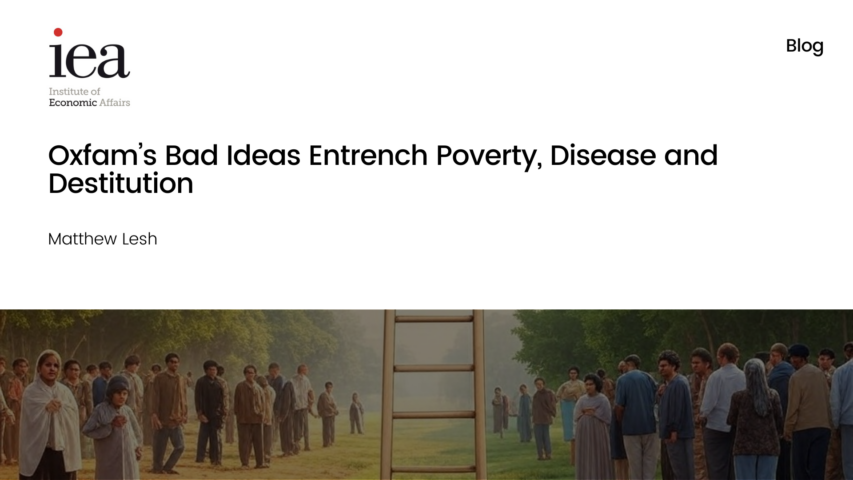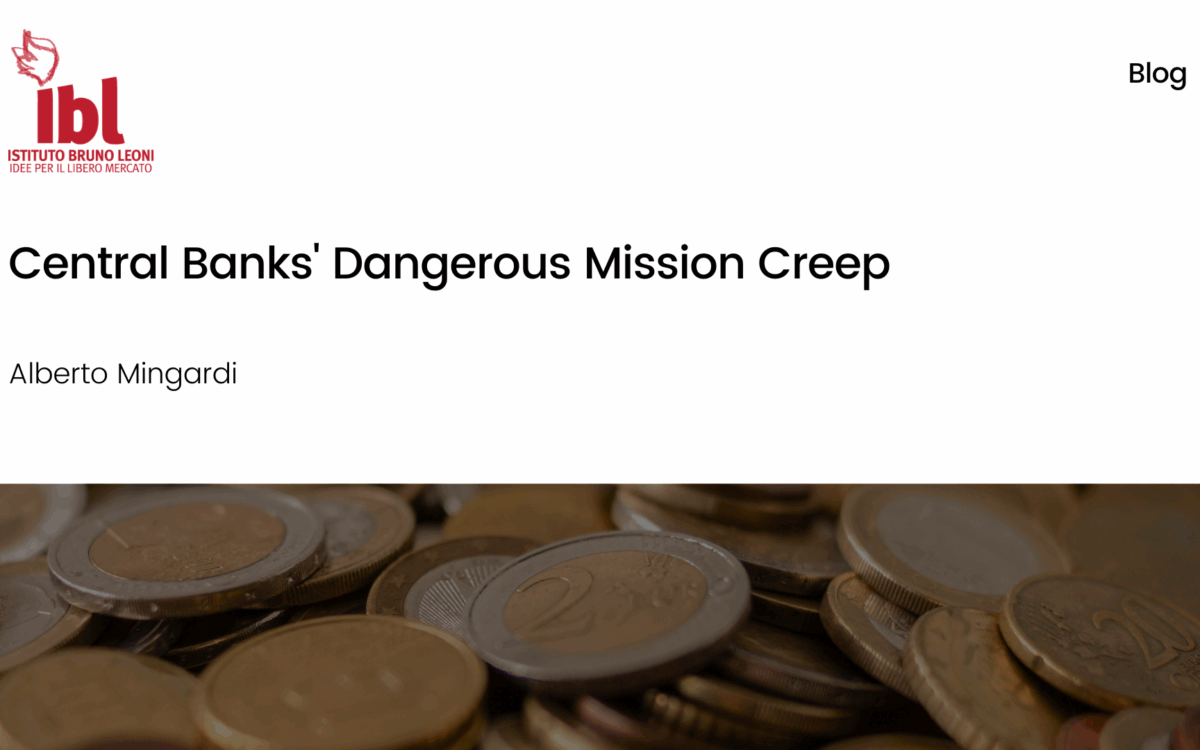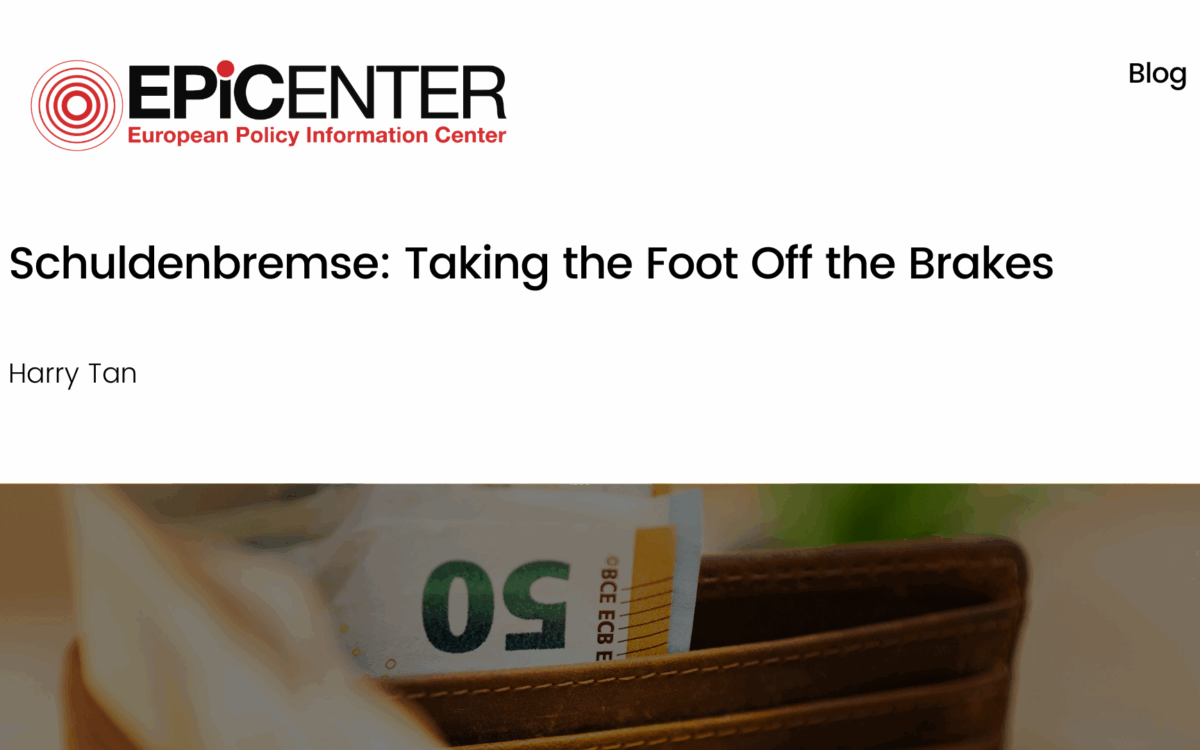Oxfam’s Bad Ideas Entrench Poverty, Disease and Destitution

Oxfam’s Bad Ideas Entrench Poverty, Disease and Destitution
23 February 2022 // Matthew Lesh
Oxfam is back to their old tricks, making pseudoscientific claims about inequality. It is once again hating on the rich while backing policies that will do nothing to alleviate the suffering of the world’s poor.
Oxfam asserts that ‘inequality’ is responsible for a death ‘every four seconds’. Its report ‘Inequality Kills’ also claims that over the last two years the world’s ten richest have doubled their fortunes to $1.5 trillion while 99 per cent of humanity has lost income.
But this gets cause and effect entirely wrong. Just because some people have gotten wealthier does not intrinsically make anyone else poorer. Inequality, the difference between the top and the bottom, is not the same as poverty, which is the number of people in actual destitution. So, the poor can get better off in absolute terms even as the gap between the richest and poorest widens. Just look at China, where inequality has grown in recent decades, along with market reforms, at the same time as hundreds of millions of people have been pulled out of poverty.
Recent years have been different. People have lost incomes, and poverty has increased, because of a pandemic that intermittently locked down the world’s economy. The lesson is clear: state-intervention that prevents economic activity makes people poorer. Whether or not Oxfam concurs that lockdowns were necessary to limit the spread of a deadly virus, it seems clear that billionaires bear little to no responsibility for what made these people poorer.
In fact, quite the opposite is true. Billionaires became wealthier by enriching our lives during the pandemic. Jeff Bezos’ Amazon ensured we could continue to access essential goods with next-day delivery. Mark Zuckerberg’ Meta kept us connected while we were forced to stay physically apart. Vaccine creators have become billionaires by saving millions of lives, like Turkish immigrant to Germany Ugur Sahin, who co-founded BioNTech, the company that delivered the Pfizer vaccine.
Poverty, not billionaires, is what kills. If Oxfam really cares about the poor, the charity would campaign for the best poverty alleviation tools known to humankind: liberal institutions, free trade and free markets.
Instead, Oxfam wants permanent punitive wealth taxes, global redistribution, harsher labour laws and waiving Covid vaccine patents. These policies would discourage entrepreneurship, resulting in more poverty. Oxfam’s proposed ‘one-off 99 per cent emergency tax on new, pandemic-era billionaire wealth’ combined with a ‘10 per cent annual wealth tax,’ would require billionaires to sell much of their companies, severely reducing their ability and motivation to keep operating. It would also be impossible to amasses substantial wealth in future, meaning we would never see the benefits of their entrepreneurship. It’s a similar story for getting rid of Covid vaccine patents: scientists would not be rewarded for their efforts, meaning less investment in life-saving innovation in future.
The problematic statistics don’t stop there. Oxfam also claims that the top ten billionaires have more wealth than 3.1 billion people. But Oxfam are using net wealth, meaning a recent Harvard or Oxford graduate, with a large amount of debt, is in bottom decile of global wealth, while a relatively poor farmer could be considered far richer.
By way of demonstration, the United Kingdom (1.3 per cent) and the United States (6.2 per cent) make up more of the bottom decile for global net wealth than China (0 per cent) or Gambia (0 per cent), who have nobody in the poorest tenth. Not a particularly useful point of comparison.
Inequality doesn’t kill; it’s the debunked ideas that Oxfam advocates which entrench poverty, disease and destitution.
This article originally appeared on 1828.
EPICENTER publications and contributions from our member think tanks are designed to promote the discussion of economic issues and the role of markets in solving economic and social problems. As with all EPICENTER publications, the views expressed here are those of the author and not EPICENTER or its member think tanks (which have no corporate view).



